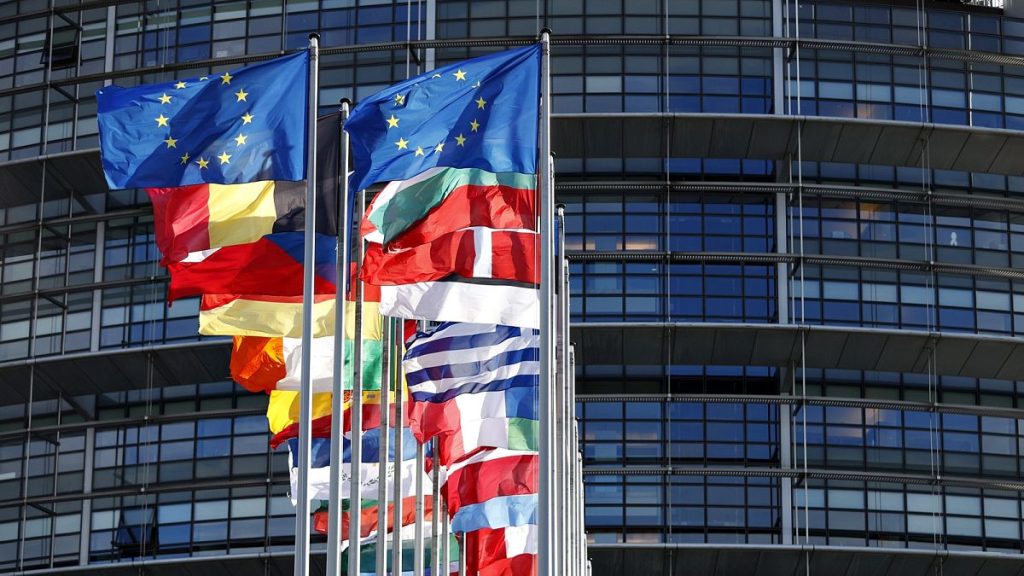The European elections for the European Parliament, where 720 Members will be elected, are taking place from 6-9 June. The Parliament is directly elected by voters, unlike other EU institutions, such as the European Commission and the Council. The elections are organized according to the electoral rules of each member state, with voters choosing their representatives through various lists. The minimum voting age varies by country, with some countries allowing 16 or 17-year-olds to vote. The minimum age to stand as a candidate also varies, ranging from 18 to 25 years old.
Efforts are being made to increase voter turnout, with a particular focus on engaging young people. In 2019, voter turnout reached over 50% for the first time since 1994. However, participation rates have historically been low in EU elections. Voting is mandatory in only four member states: Belgium, Bulgaria, Luxembourg, and Greece. While voting is highly recommended to make your voice heard, it does not necessarily translate into higher numbers, as seen in countries where voting is mandatory. People can vote from abroad in most member states, either at embassies/consulates, by post, or by proxy.
The results of the elections will be announced on Sunday evening, once all member states have closed their polling stations. National authorities will communicate the results to the European Parliament, and elected MEPs will begin to organize themselves into political groups. The current Parliament has seven groups, and the 10th legislature will start on 16 July, with the election of the Parliament’s president, vice-presidents, and quaestors. The first sitting will see the formation of committees and subcommittees, with chairmanship positions allocated through negotiations between the main groups.
In 2014, the Spitzenkandidaten system was introduced, where each party designated a lead candidate to preside over the European Commission. In 2019, this system faced challenges when the declared EPP nominee, Manfred Weber, was not appointed Commission president. Ursula von der Leyen was ultimately chosen for the role. The 2024 elections will see another attempt to revive the Spitzenkandidaten system, with von der Leyen running as a lead candidate. The Parliament will hold a plenary session in September to endorse the Commission president, following a vote of confidence on the entire College of Commissioners. This will mark the beginning of the new Commission’s mandate and the start of legislative work for the coming years.












